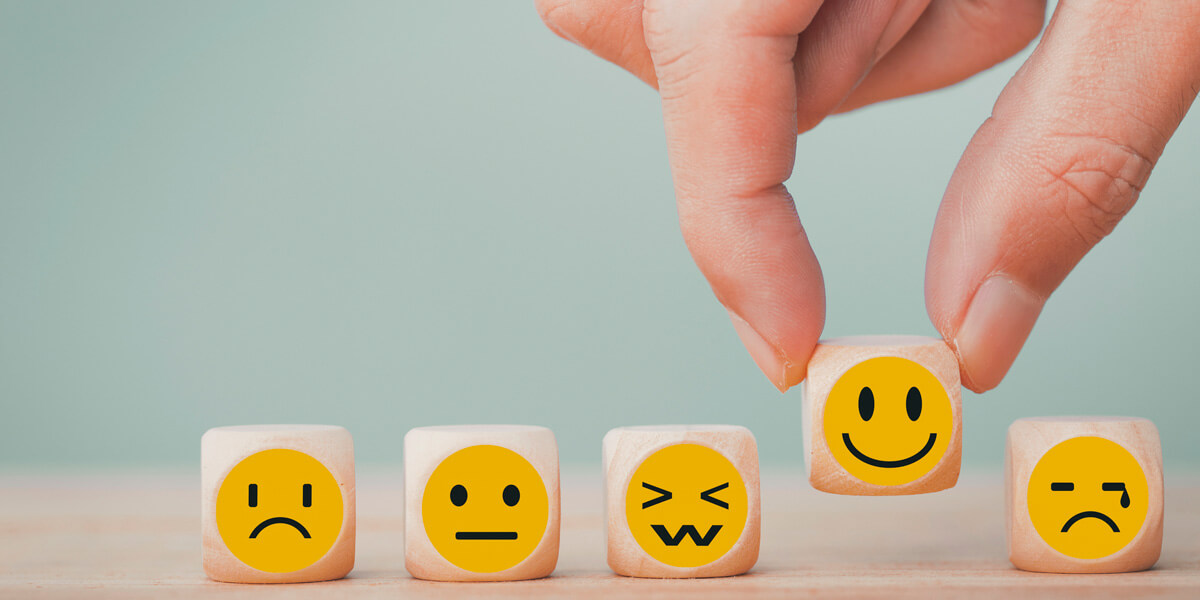It is hard to open the paper or browse online without seeing a headline decrying the state of young people’s mental health. While COVID-19 has accelerated the trend line, young people have been experiencing depression, anxiety, and low self-esteem in greater and greater numbers for the past fifteen or so years.
The mental health issues are complicated to unpack, leading to complexity in how parents, teachers, communities, and schools can best respond. It is also worth noting that February is the apex for reported instances of depression and anxiety in many schools. While there is not clear causality, experts often attribute this spike to the end of the holidays, shorter amounts of daylight and colder weather, and the prospect of many more months of high expectations for arts, athletics, and academics.
While the pandemic has focused schools like Colorado Academy on the physical health of our students in a unique way through testing, quarantines, isolation, vaccinations, and changes to school rules, it has also led us to be doubly vigilant about student mental health. This takes many shapes in the Middle School:
- We are focusing on the advisory curriculum and lessons which help students assess how they are feeling and encourage them to develop skills to manage social and academic pressures they may be experiencing.
- Our counseling team takes proactive intervention. We are very lucky to have Kate MacKenzie, our Middle School counselor, supporting our students. Ms. MacKenzie routinely meets with students to check on how they are doing. Equally important, students are proactive in sharing with us the name of a student who may need temporary support. Similarly, we always appreciate it when parents let advisors, teachers, or Ms. MacKenzie know that something may be “up” so that we can provide support.
- We plan timely student programming intended to support student well-being. Three examples of recent programming include Alex Yannacone’s September meeting with Sixth Graders to teach resiliency skills, her January meeting with Seventh Grade students to discuss anxiety, depression, and suicide, and Kate MacKenzie’s session with Eighth Graders, reminding them about the importance of supporting peers and how to use Safe2Tell, an anonymous reporting app, should that be helpful.
- Our teachers know their students well and communicate together often about how we are helping each one. One of the great things about an independent school is our class size. Teachers try their best to keep tabs on how each student is doing, not just academically, but also as a person.
Together, these efforts are intended to develop student resiliency skills and create a safety and communication net for our students.
What parents can do
On the parent side, research indicates that there are a few simple steps that you can take that can be helpful for your children. A few of these include:
- Maintain open lines of communication. This can take the shape of nightly dinner table discussions, creating one-on-one activities together, and frequent and informal check-ins.
- Communicate with the school should there be something that you are noticing that is of concern. These communications with Kate MacKenzie, the advisor, or me allow us to discuss the situation and be a partner in supporting your child.
- Educate yourself about the most common warning signs that your child may be struggling with anxiety, depression, or low self-esteem.
- Get help from an expert, ours or your own, as needed. As parents, we do our very best for our children, but we cannot possibly be experts on every situation that may arise. This is why it is so important to be open to reaching out to an expert, should the situation warrant. Psychologists, social workers, therapists, and coaches play a vital role in supporting children to receive needed temporary help.
We are all navigating a more complicated world than we anticipated two years ago. Learning how to manage the pressures of an active and healthy lifestyle are part and parcel of growing into adulthood. Feeling a bit of “nerves” is even associated with increased performance (good, not bad, stress), and learning how to be okay with discomfort is essential to young people’s long-term success. Let’s continue to work together in the coming months to help all of our students develop these skills.
If I can be helpful in any way, please do not hesitate to contact me.
